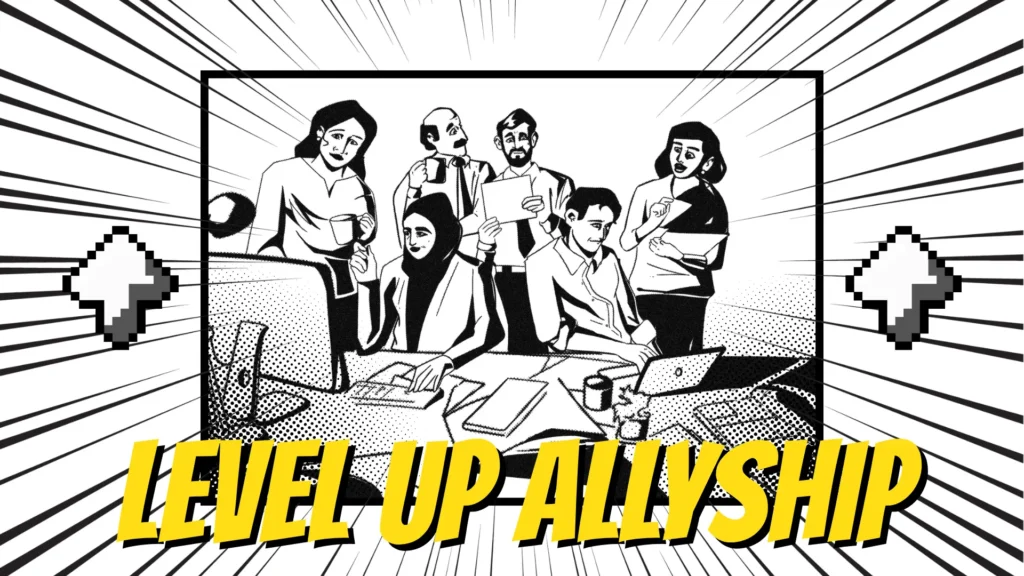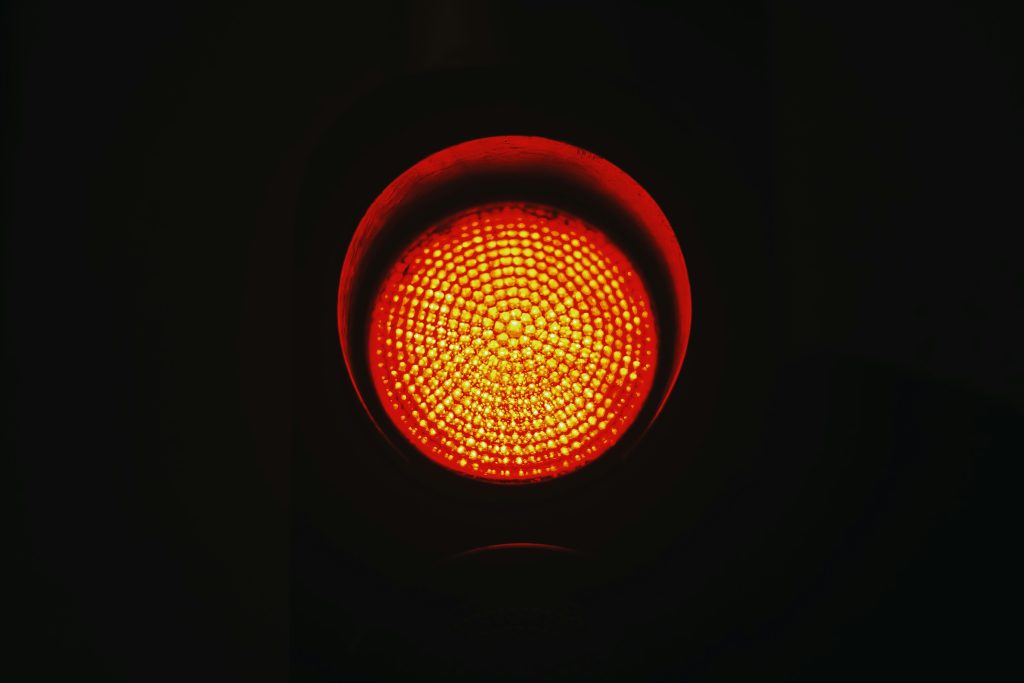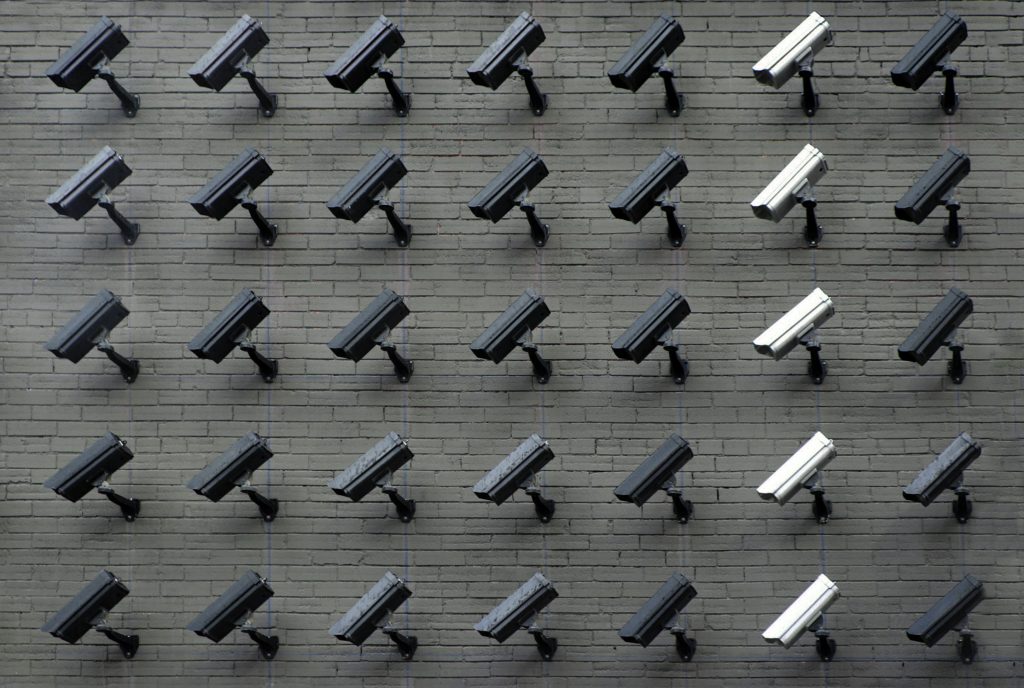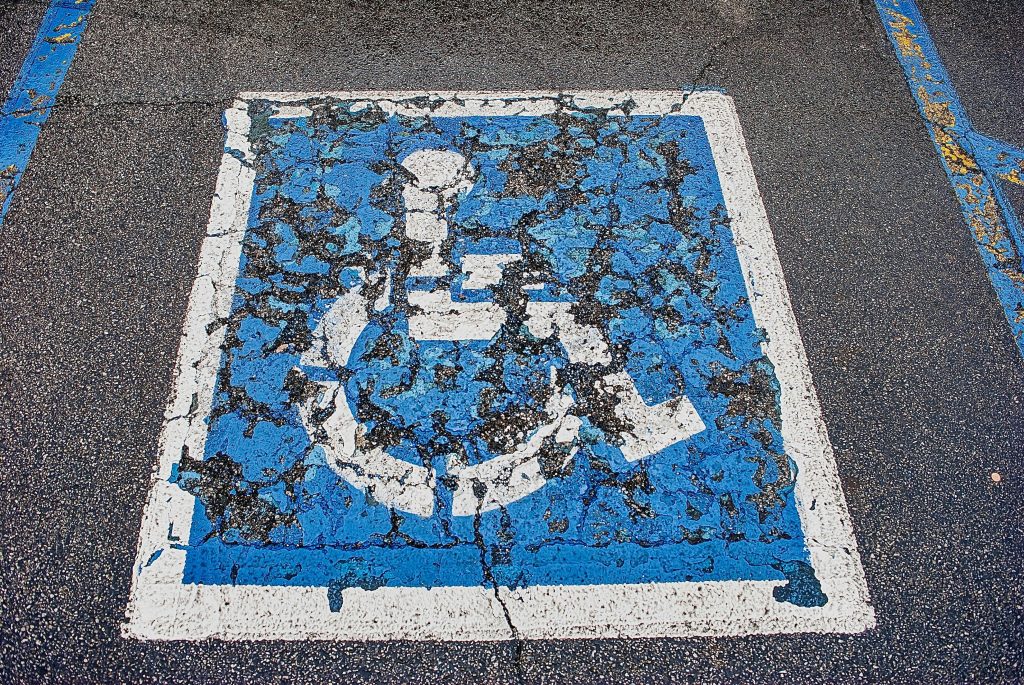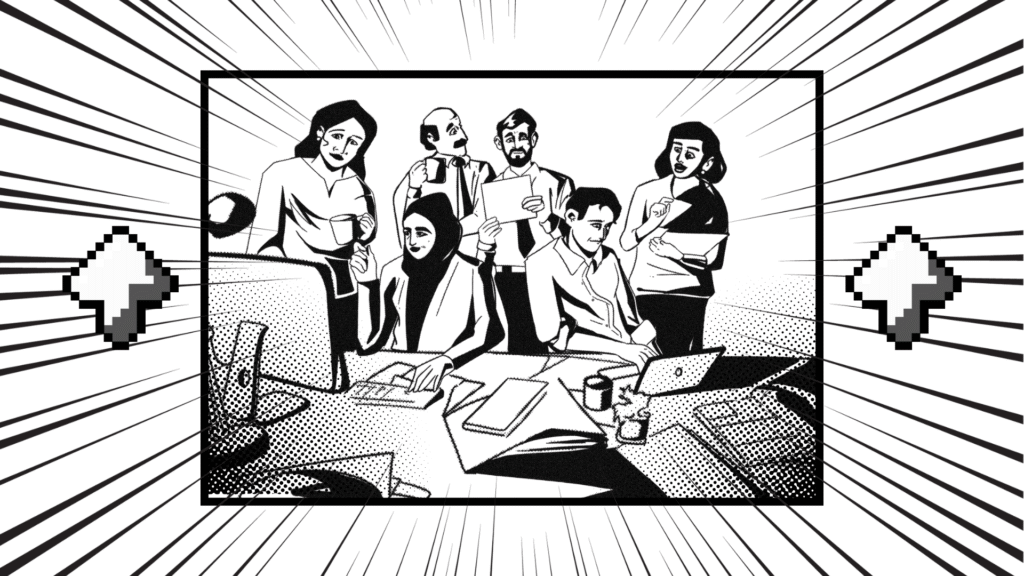
Serein Legal Team
2 min read
What we see online often plays a key role in breaking the mould of stereotypes. TV Shows have pushed forth in this domain, be it through the Chess masterpiece in the Queen’s Gambit or the Urdu dramedy in Chudails.
Explore why political parties must be brought under the purview of the POSH Act to ensure workplace safety for women and uphold democratic accountability and values.
Prevailing harassment in sports highlights the urgent need for accountability, empathy and safe environments where athletes and staff feel respected and valued.
Several companies across the globe have anti-harassment hotlines. But how are effective are they in building safe workplaces and deterring misconduct?
- All
- PoSH
- Anti-harassment and safety
- Global compliance laws
- Domestic violence
The Vishaka Guidelines revolutionised Indian workplaces, establishing the legal foundation for preventing & redressing sexual harassment before the PoSH Act.
The Vishaka Guidelines revolutionised Indian workplaces, establishing the legal foundation for preventing & redressing sexual harassment before the PoSH Act.
Building respect requires challenging behaviour like intrusive "compliments" that objectify colleagues, fostering a truly safe professional environment.
Protecting Internal Committee members from retaliation & pressure is essential for impartial PoSH proceedings & encouraging participation.
Employees with disabilities face unique bullying risks. Tailored training, reasonable adjustments and zero-tolerance policies uphold dignity and rights.
Firms prioritising diversity and inclusion show greater resilience, innovation and stability during economic downturns.
HR must: Immediately document details, protect complainant from retaliation, preserve evidence & refer to IC within 24 hours - never mediate informally.
Local-language PoSH training breaks barriers: using regional idioms, case studies & multilingual materials ensures accessibility in diverse workplaces.
Tier II challenges: Limited legal awareness, stigmas against reporting, employer reluctance. Solutions include local helplines & simplified vernacular resources.
Mandatory report to district officer: Details complaints received, actions taken, training conducted & IC composition. Non-filing attracts fines up to ₹50,000.
Prevention requires: Leadership modelling respect, clear boundary norms, regular policy refreshers & rewarding ethical behaviour - not just punitive measures.
Yes, employers are liable for harassment against contract/domestic workers at their premises or during work-related activities under PoSH.
Domestic violence isn't random anger; it's a calculated cycle of tension, abuse, reconciliation & calm, reinforcing the abuser's power & control over the victim
Evidence in domestic violence cases includes medical reports, photos, threatening messages/emails, witness statements, police records & personal diaries.

